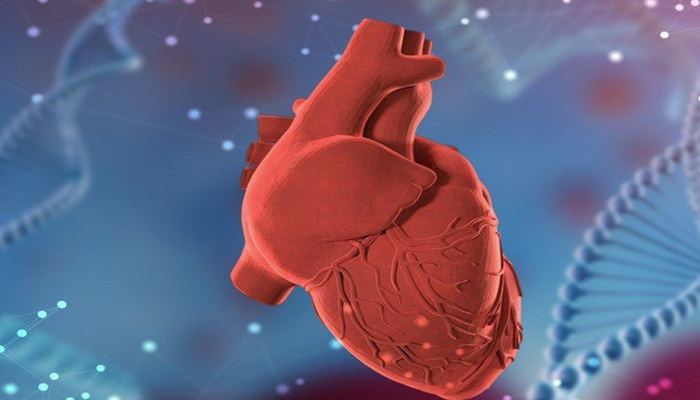Cardiovascular disease is a significant public health issue in the United States, affecting nearly half of all adults. To enhance the diagnosis and treatment of cardiac conditions, Rui Zhu, Ph.D., an assistant professor at the University of Oklahoma’s School of Industrial and Systems Engineering, has received a prestigious National Science Foundation (NSF) Faculty Early Career Development Program award. This funding will support her research into the mechanisms behind cardiac arrhythmias.
A healthy heart maintains a regular rhythm, but cardiac arrhythmias disrupt this pattern due to faulty electrical impulses in the heart’s muscular tissue. Zhu specializes in modeling complex systems and plans to apply her expertise to better understand diseased hearts.
“Multiphysics simulations can provide a more realistic way to understand how arrhythmias function,” Zhu explained.
“However, most current simulations are designed for healthy hearts. Diseased hearts can vary greatly in anatomy and pathology, making it challenging for traditional models to accurately capture these conditions.”
To address this gap, Zhu will build on her previous work with cardiac electrical activity by integrating deep-learning techniques with computational simulations. This approach aims to clarify how various physical factors—electrical, mechanical, and fluid dynamics—contribute to arrhythmic conditions.
Zhu’s research is particularly innovative because it expands beyond the conventional focus on the heart’s electrical activity.
Currently, the primary tool for diagnosing arrhythmias is the 12-lead electrocardiogram (ECG), which measures the heart’s electrical signals on the body’s surface. By examining the interdependencies among electrical, mechanical, and fluid dynamics, Zhu hopes to provide a more comprehensive understanding of what occurs in arrhythmic hearts.
In addition to her research efforts, Zhu is enthusiastic about the educational aspects of her project. “The goal of the educational activities is to develop a highly skilled healthcare workforce with a deep understanding of arrhythmia physiology and advanced methodologies,” she stated. With support from various educational and healthcare institutions, her work will help prepare future healthcare professionals to better understand this condition that affects millions in the U.S.
Zhu’s contributions to the field have been recognized with multiple awards at conferences held by the Institute of Industrial and Systems Engineers and the Institute for Operations Research and the Management Sciences. She holds a B.S. in industrial design and an M.S. in human factors in design from Harbin Institute of Technology, as well as a doctoral degree in industrial engineering from Pennsylvania State University.
The NSF CAREER awards are designed to support early-career faculty who can serve as role models in research and education while advancing their fields. This award is considered one of the most prestigious honors for early-career faculty.
Zhu’s project, titled “CAREER: Decoding Cardiac Arrhythmias: Integrating Multiphysics Simulations and Deep Learning Models to Uncover Multi-physical Contributions and Arrhythmia Initiation,” is funded by the NSF from February 1, 2025, to January 31, 2030.
Related topics:


